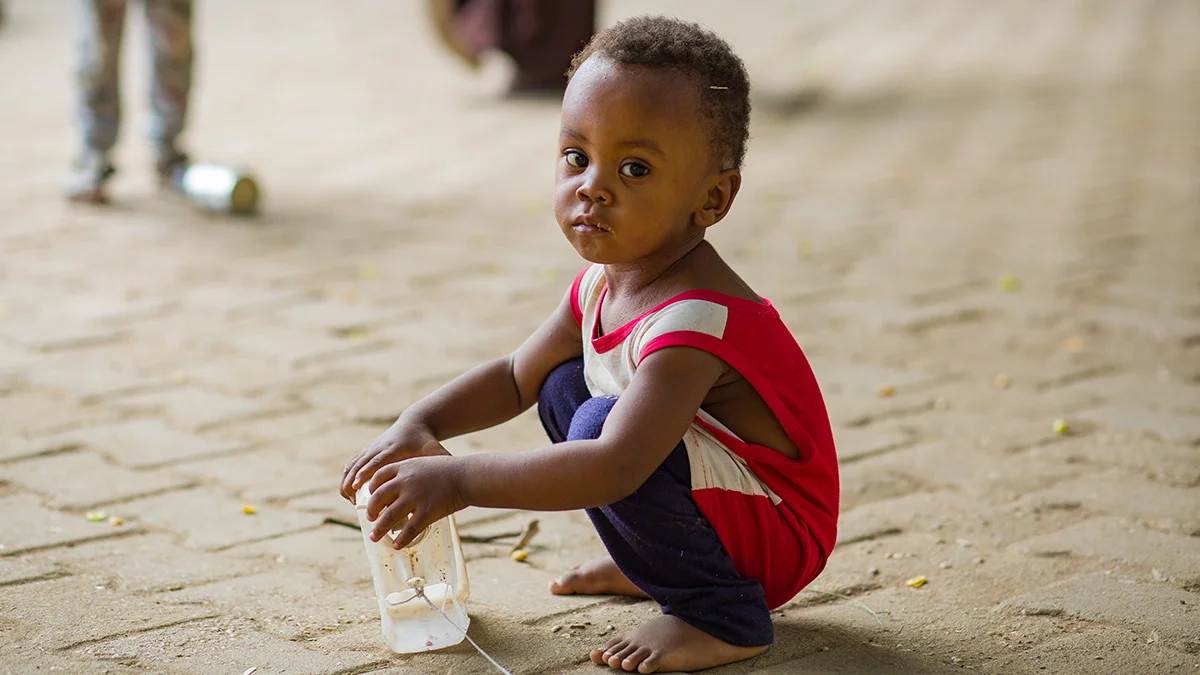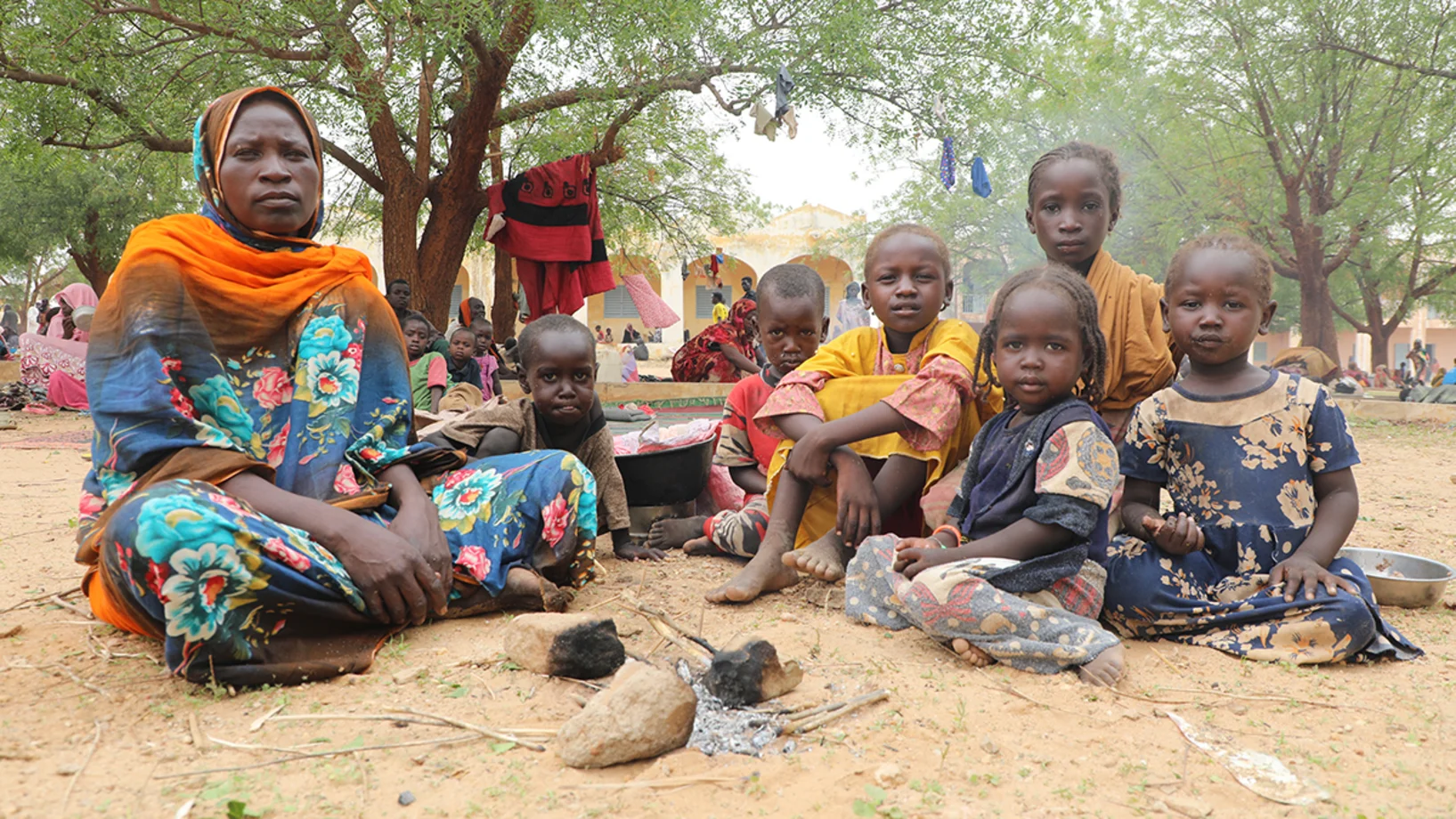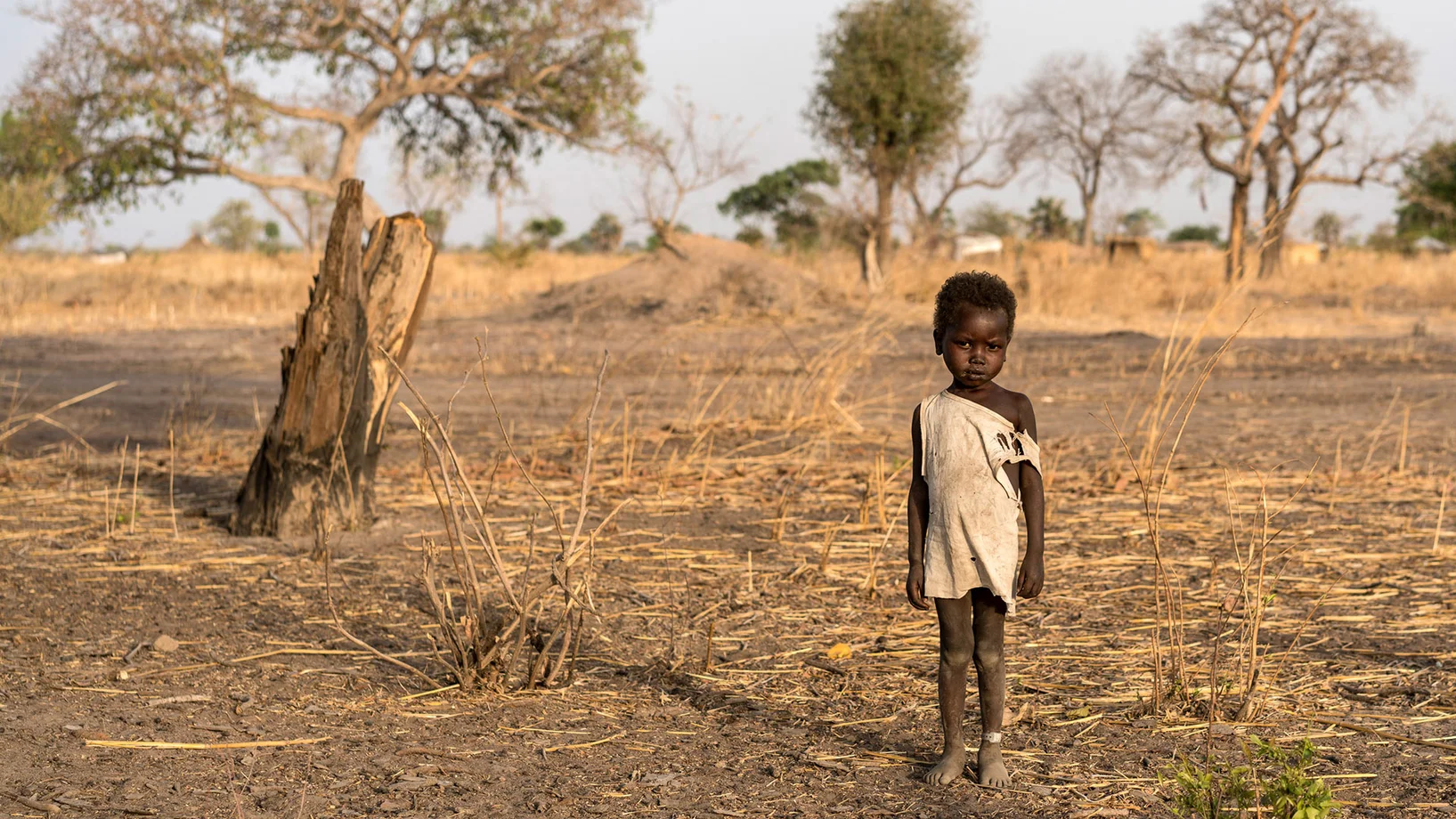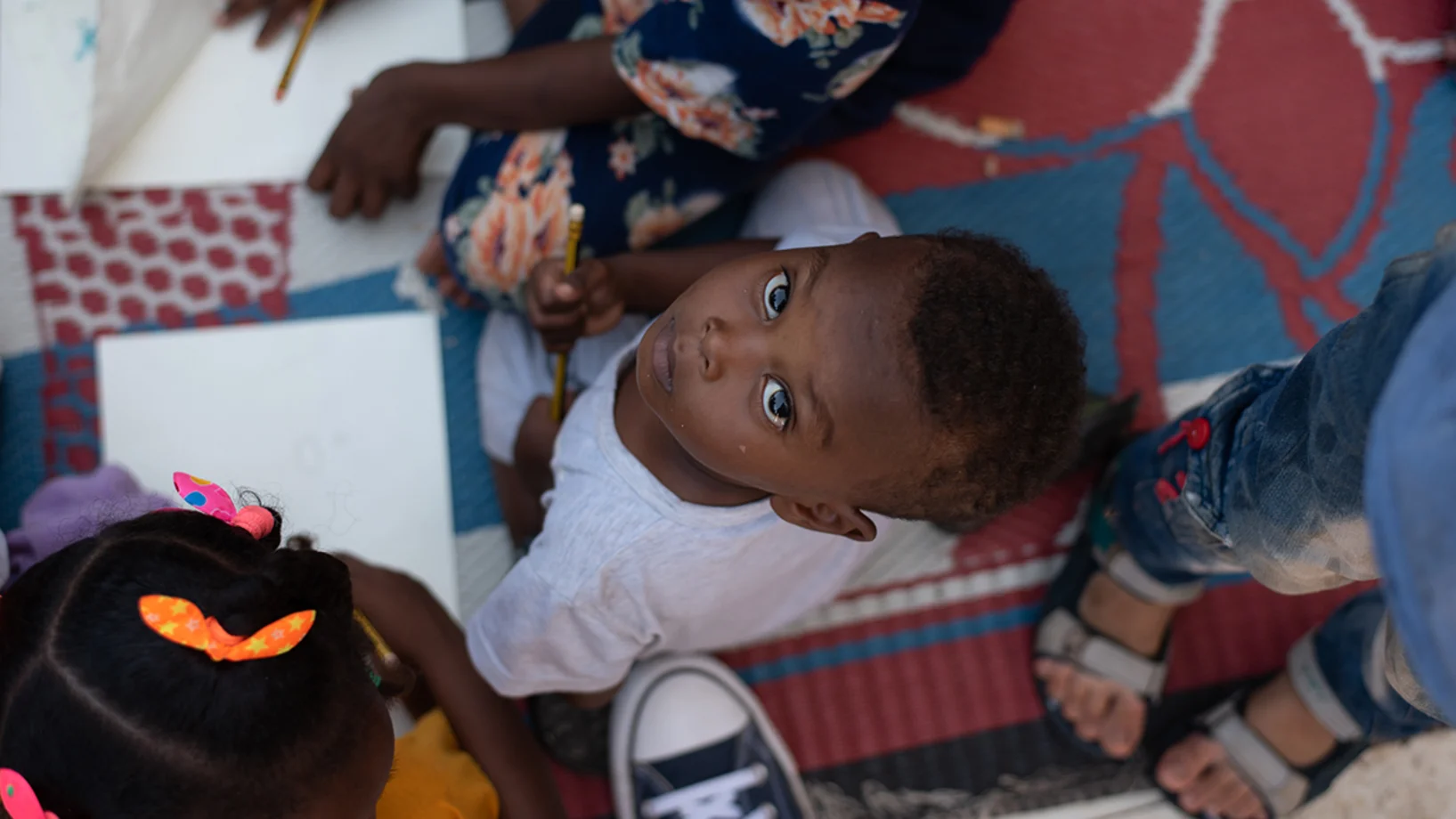UNICEF receives credible reports of at least 435 children killed and 2025 children injured in the last 100 days - an average of more than one per hour.
As the brutal conflict in Sudan hits 100 days, UNICEF has received reports of a staggering 2,500 severe violations of children’s rights – an average of at least one an hour. As these are just the numbers reported to UNICEF sources, the true figure is likely to be far higher, and a grim reminder of the day-to-day impact of the crisis on the most vulnerable, in a country where almost 14 million children need humanitarian support.
“The scale of the impact that this conflict has had on children in Sudan in the past 100 days is almost beyond comprehension,” said Ted Chaiban, UNICEF Deputy Executive Director for Humanitarian Action and Supply Operations, who is in Sudan this week. “Parents and grandparents who lived through previous cycles of violence are now having to watch their children and grandchildren experience similar horrific experiences. Each and every day, children are being killed, injured, abducted, and seeing the schools, hospitals and the vital infrastructure and life-saving supplies they rely on damaged, destroyed or looted.”
At least 435 children have been reported killed in the conflict, and at least 2,025 children injured – an average of more than one an hour.
In addition to those reportedly killed and injured, UNICEF has received alarming reports of escalating attacks against health facilities in parts of Sudan. An estimated 68 per cent of hospitals in the worst-affected areas have had to suspend service and at least 17 hospitals have reportedly been bombed.
Several more hospitals are believed to have been turned into military bases, and there have been repeated reports of ambulances coming under attack.
Over three months into the conflict, millions of families have been uprooted from their homes by the violence. Before the crisis, nearly 3.8 million people were internally displaced in Sudan, 1.9 million of whom were children. 1.7 million additional children have been driven from their homes and are now on the move within Sudan and crossing its borders, vulnerable to hunger, disease, violence, and separation from their families. Reports of abductions, recruitment of children into armed groups, ethnically targeted violence, and gender-based violence against women and girls are also on the rise, with 4.2 million women and girls at risk of Gender-Based Violence.
Restricted movement due to the security situation, administrative barriers and bureaucratic impediments and the denial of humanitarian access, remain key obstacles to delivering much-needed aid to those in desperate need and pose a threat to aid workers. Combined with the destruction and looting of critical supplies and facilities, this has left at least 690,000 children exposed to severe acute malnutrition and 1.7 million children under the age of one at risk of missing critical vaccinations, raising the risk of disease outbreaks.
“The past 100 days have shown that—as in any conflict—the direct and indirect impacts for children and families are devastating, and without concerted action, including the commitment of the parties to the conflict to stop the fighting and uphold international law, severe violations of children’s rights will only worsen,” said Chaiban. “Without guaranteed, safe and unimpeded access for humanitarian workers, and life-saving supplies, along with urgently needed additional funding, the futures of millions of children will remain in the balance.”
Despite the challenges, over the past 100 days UNICEF, with partners, has reached over 3 million children and women with health supplies, 1.4 million people with safe drinking water, and 1.7 million children with screening for malnutrition—of which 82,000 received life-saving treatment. In addition, almost 100,000 children and caregivers are benefitting from psycho-social counselling and protection support, including through over 400 safe spaces established across the country.
To date, UNICEF delivered over 5,500 metric tons of life-saving supplies across Sudan, including in hotspot areas in Darfur, Kordofan, and Khartoum. However, while fighting continues, needs will only increase, with many vulnerable communities remaining out of reach of humanitarian support.
As of mid-July, the UNICEF appeal for US$838 million to reach almost 10 million of the most vulnerable children in Sudan is only 9 per cent funded. UNICEF urgently needs $750 million to sustain and scale up critical life-saving health, nutrition, water, sanitation, learning and protection assistance to the most vulnerable children caught in this crisis.



